Apple can no longer force Japanese carriers to sell the iPhone at a subsidized price

Japanese regulators reportedly have told Apple that the company could be violating anti-trust regulations in the country. Today, the Japan Fair Trade Commission (FTC) said that Apple's sales contracts force Japan's three largest wireless providers to sell iPhone models to consumers at a discount through the use of subsidies. But the FTC says that this deal prevents the Japanese carriers from offering lower priced monthly data plans to consumers.
As a result, Apple has been forced to change the wording of the sales contracts it has with the aforementioned trio of Japanese carriers. Japan is the second largest market for the iPhone in Asia after China. Last year, the country accounted for 8% of iPhone sales globally, and government figures claim that the iPhone has a 50% market share in Japan. Interestingly enough, Sprint parent SoftBank has exclusivity to sell the iPhone in Japan, the result of a deal made with Steve Jobs back in 2008.
For Apple, well, it is all good. Forcing the carriers to offer the iPhone via a subsidy means that the device is more affordable to Japanese consumers. And Apple is still getting paid the usual amount for its phones. Sure, the carriers have to make up the difference, but they have a signed contract guaranteeing them a profit. The only one hurt is the Japanese consumer, and well, where does any consumer fit it in the grand scheme of things?
"We work hard to make sure our customers have great choices when choosing their iPhone and the plans offered with them. In Japan we are happy to be working with the carriers and the JFTC to help provide customers with the best options to suit all of their needs."-Apple
Now that Apple has changed the sales contract, we assume that the Japanese carriers are no longer obligated to sell the iPhone at a subsidized price. That doesn't mean that the practice will abruptly come to an end in Japan, but it does mean that consumers there might have other options soon if they want to buy an iPhone.
source: FT
Follow us on Google News

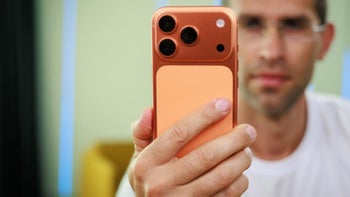
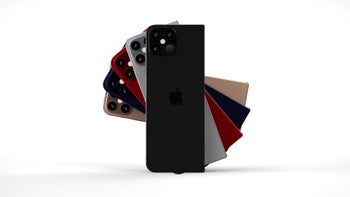
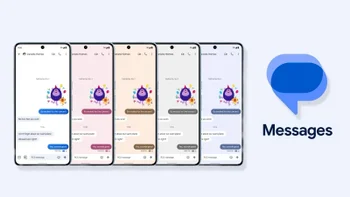
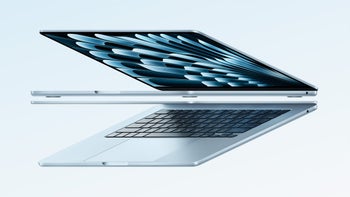
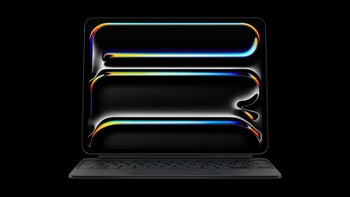

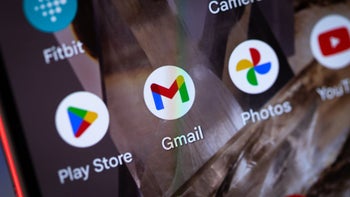

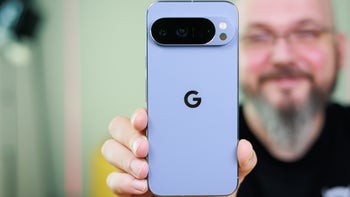
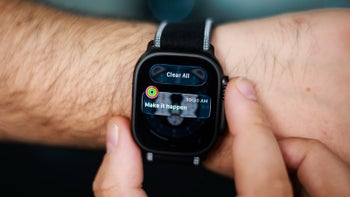
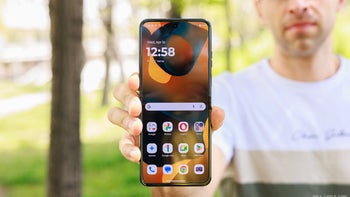
Things that are NOT allowed:
To help keep our community safe and free from spam, we apply temporary limits to newly created accounts: